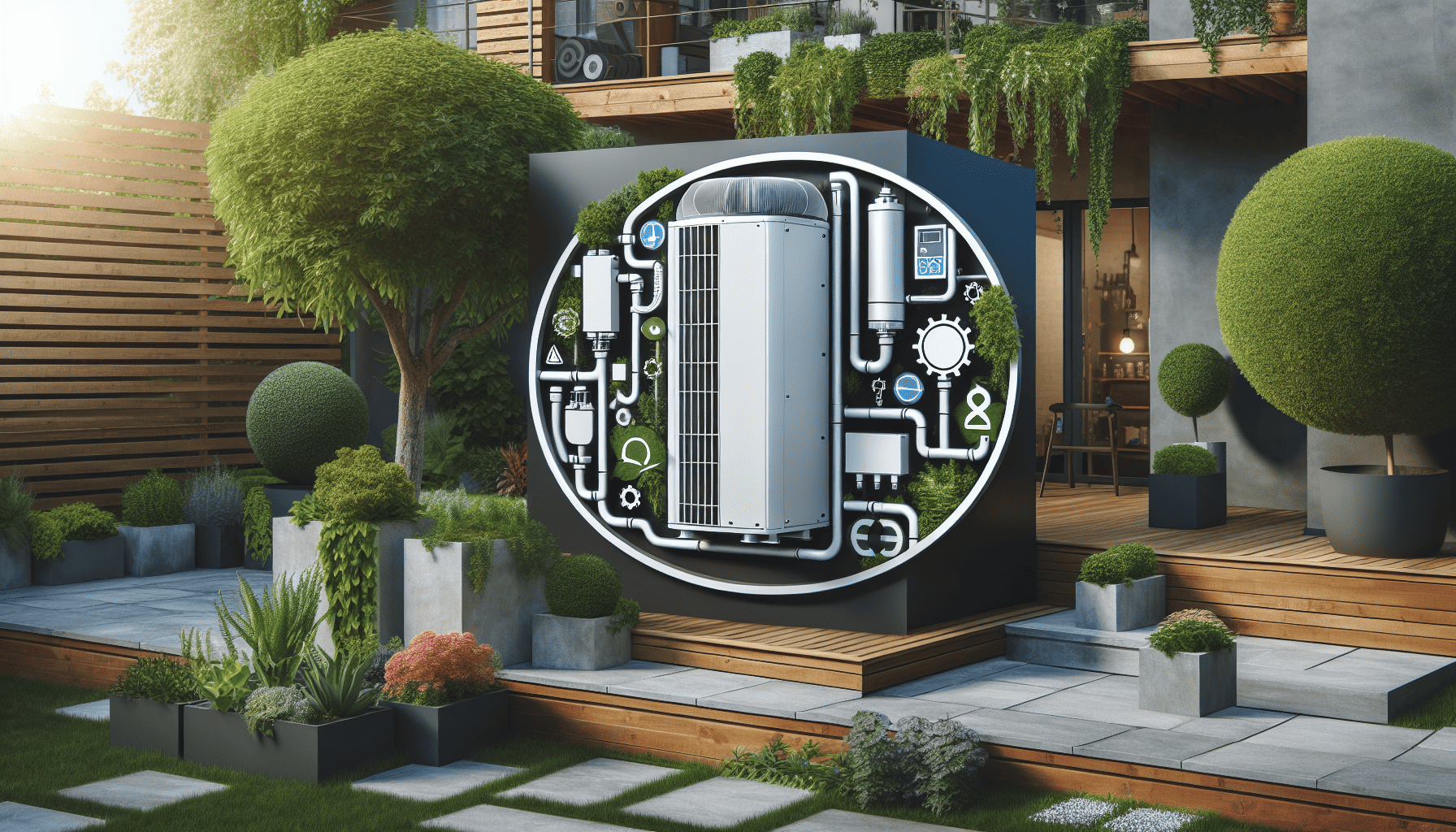Heat pumps are increasingly becoming a staple in modern energy systems due to their ability to efficiently transfer heat from one location to another. Unlike conventional heating and cooling systems that generate heat or cool air, heat pumps move it, making them significantly more energy-efficient. Understanding heat pump efficiency is crucial for optimizing their performance and achieving substantial energy savings in our homes and businesses.
What is Heat Pump Efficiency?
The efficiency of a heat pump is often measured in terms of its Coefficient of Performance (COP), which is the ratio of heating or cooling output to the energy input. A higher COP means that the heat pump requires less energy to move a given amount of heat, indicating greater efficiency. For instance, a COP of 4 implies that for every unit of energy consumed, the heat pump transfers four units of heat.
Another important efficiency metric is the Seasonal Energy Efficiency Ratio (SEER) for cooling and the Heating Seasonal Performance Factor (HSPF) for heating. These metrics consider the efficiency over an entire season rather than a single time point, providing a more comprehensive picture of a heat pump's performance.
Factors Affecting Heat Pump Efficiency
Several factors can influence the efficiency of a heat pump:
-
Temperature Differences: The efficiency of a heat pump largely depends on the temperature difference between the source and the destination. Smaller temperature differences result in better efficiency. Hence, heat pumps are most effective in moderate climates.
-
Installation Quality: Proper installation is crucial for optimal heat pump performance. This includes correct sizing, which ensures the system is neither too large nor too small for the space it serves.
-
Maintenance: Regular maintenance, such as cleaning filters and inspecting ducts, can enhance the heat pump's efficiency by ensuring it operates smoothly without unnecessary strain.
-
Technological Advancements: Modern heat pumps incorporate features like variable speed compressors and intelligent thermostats, which adjust output according to demand, leading to more efficient operation.
Small Changes, Big Savings
Investing in a high-efficiency heat pump can yield significant energy savings over time. For example, upgrading from an older, less efficient model to a new high-efficiency heat pump can reduce energy consumption by up to 50%. This not only translates to lower utility bills but also contributes to reducing carbon footprints.
Moreover, homeowners can implement simple strategies to further enhance efficiency, such as improving home insulation, using programmable thermostats, and ensuring proper airflow around the heat pump unit.
The Environmental Impact
Beyond cost savings, heat pump efficiency plays a vital role in environmental sustainability. By minimizing energy use, efficient heat pumps reduce the demand for fossil fuels, consequently decreasing greenhouse gas emissions. As more regions adopt renewable electricity sources, the environmental benefits of using efficient heat pumps will continue to grow.
Conclusion
Understanding and prioritizing heat pump efficiency is essential for anyone looking to improve energy consumption in their home or business. As technology advances and awareness increases, the integration of efficient heat pumps in our energy systems will lead to significant economic and environmental benefits. By making informed choices and investing in modern, high-efficiency systems, individuals can play a pivotal role in the shift towards sustainable energy practices.
